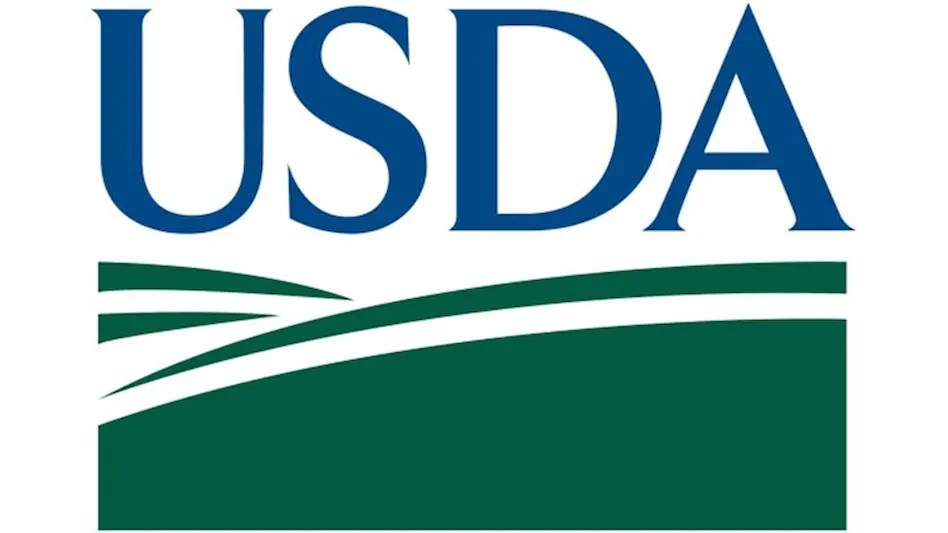With the retirement of Bill Pursley and my transition into a new role at AIB, I have found myself taking a pause to reassess food safety and AIB’s role in helping to assure a safe food supply. And, I have come to one significant conclusion, “Food safety happens through people!”
While science is the foundation for the industry’s risk assessments and control measures, food safety can only happen with educated and empowered people. Bill’s greatest strength has been his ability to educate and, moreover, inspire people within AIB and throughout the food industry world-wide. I am grateful to Bill for what I am inheriting here at AIB. I have inherited a foundation of integrity, values, and commitment that is ingrained in each member of the AIB team.
This strong inheritance positions us well to continue with our growth, domestically and internationally. My approach will be to ensure that our team continues to have the most current scientific and regulatory knowledge and that this information is shared with industry personnel from the perspective that this knowledge will be the basis for routine planning, day-to-day decisions, and, in some instances, very tough decisions. As we have always done, we will embrace the basics surrounding the GMPs. We will also provide assistance in areas where the industry has a need, such as with understanding and implementing new requirements posed by regulation (Food Safety Modernization Act) and those posed by customers (Global Food Safety Initiative).
As I make my commitment to invest in the AIB employees, I am making a call to food-industry managers to make the same commitment to invest in their employees. A commitment to employees means ensuring that they have been educated about the impact their actions and decisions have on food protection. It also means establishing a culture in which scientifically validated programs can be followed without temptation for shortcuts. These temptations are often unintentionally established by senior management through performance evaluations based solely on KPIs, such as reduced downtime and increased through-put. Such KPIs need to be tempered with food safety KPIs, such as completion of scheduled maintenance, completion of scheduled cleaning, and reduction of complaints. In addition, these KPIs need to be shared across departments.
I would also advise food-industry managers to look at the way they are evaluating employee knowledge and competency. It is typical for evaluations to be based on questions formatted as, “What do you do if there is food safety failure?” A better question might be, “How would you recognize a food safety failure?”
Relying on people only works if we have invested in them. I am committed to investing in the AIB professionals and look forward to helping you make a similar investment in your team!
The author is Vice President of Food Safety Education, AIB International.
Latest from Quality Assurance & Food Safety
- Bird Flu: What FSQA Professionals Need to Know
- Registration Open for 129th AFDO Annual Educational Conference
- Frank Yiannas, Aquatiq Partner to Expand Global Reach of Food Safety Culture
- World Food Safety Day 2025 Theme: Science in Action
- Ancera Launches Poultry Analytics System
- USDA Terminates Two Longstanding Food Safety Advisory Committees
- Catalyst Food Leaders Announces Virtual Leadership Summit for People in Food
- Food Safety Latam Summit 2025 Set for Mexico City





